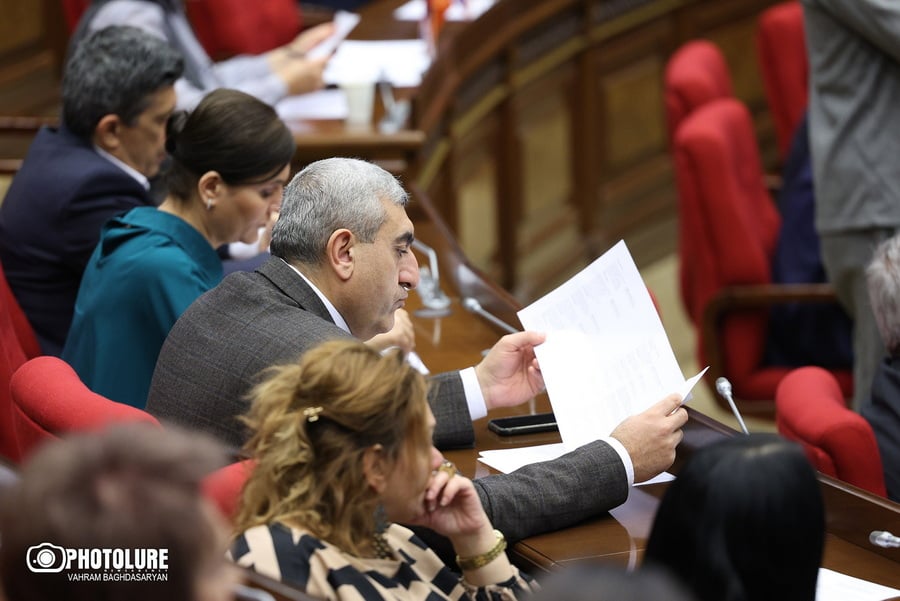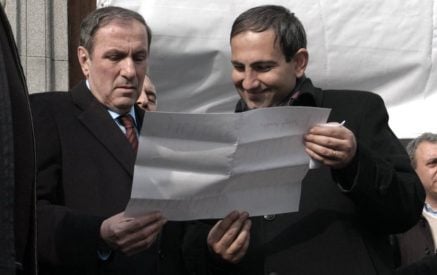In 1990, Vladimir Movsisyan of the Communist Party and Levon Ter-Petrosyan of the Armenian National Movement (ANM) were both candidates for Chairman of the Supreme Council of Armenia. Neither party held a parliamentary majority sufficient to secure the post. But the communists sensed that the real power—meaning broad public support—was with the ANM, and that their political, and perhaps economic, future would be determined by the ANM elite. Those with the most “flexible minds” figured this out quickly and abandoned their communist ideals—assuming, of course, they had any to begin with.
In the fall of 1997, when the all-powerful Defense Minister Vazgen Sargsyan publicly broke with President Ter-Petrosyan over the Artsakh issue, the deputies from the “Republic” faction—many of whom had entered Parliament thanks to the ANM—promptly turned their backs on their former patrons and became “Yerkrapahs” (“land defenders”). They sensed that real power—this time embodied in the security apparatus, the army, and armed defenders of the homeland—was now on Vazgen Sargsyan’s side. And so, just like that, the parliamentary majority turned into a minority.
By the same logic, in April–May 2018, Prosperous Armenia and the ARF—with some commendable exceptions (notably Aghvan Vardanyan)—jumped ship and sided with Pashinyan. That alliance, of course, didn’t last long.
The point is: deputies are fickle people. In 2017, would you have imagined that Shirak Torosyan would join the Imkayl (My Step) Alliance, or that Sergey Bagratyan would become a member of Civil Contract?
Read also
So nothing is off the table. It’s entirely plausible that some Civil Contract members could eventually turn their backs on Pashinyan. But the rat race doesn’t begin until the “flexible minds” recognize that their master’s ship is sinking. Until then, they’ll beat their chests and swear undying loyalty—just in slightly different words.
Aram ABRAHAMYAN





















































